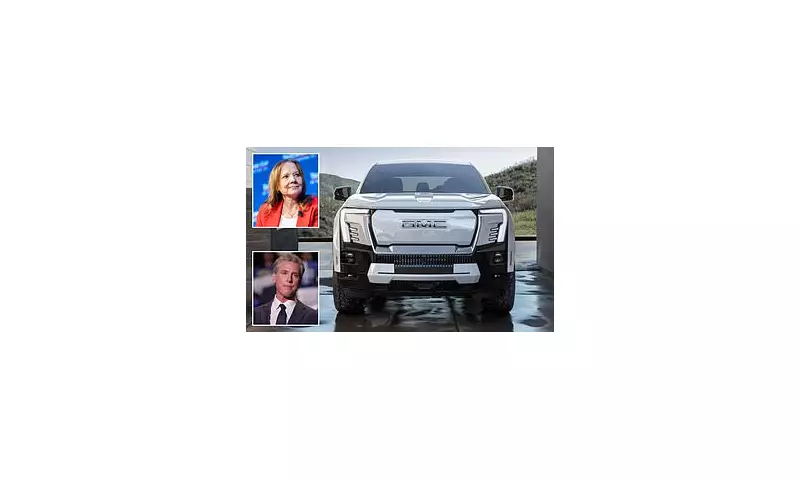
In a dramatic confrontation that underscores the growing tension between progressive climate policy and corporate America, California Governor Gavin Newsom has launched a scathing public critique of General Motors and its CEO, Mary Barra.
The Heart of the Conflict
The dispute centres on General Motors' recent decision to scale back its ambitious electric vehicle production targets. Governor Newsom accused the automotive giant of abandoning its climate commitments and failing American workers simultaneously.
'This is about betrayal,' Newsom stated emphatically during the exchange. 'You can't trumpet your green credentials one day and pull back on the very promises that define leadership in this sector the next.'
Broken Promises and Political Fallout
The Governor's frustration stems from what he perceives as a pattern of corporate retreat from environmental responsibilities. Having previously positioned itself as an EV pioneer, GM's recent strategic pivot has drawn ire from climate advocates and policymakers alike.
Newsom specifically highlighted the contradiction between Barra's public statements supporting the transition to zero-emission vehicles and the company's recent actions that seemingly undermine that very goal.
What This Means for the Auto Industry
- Policy vs Profit: The clash highlights the ongoing struggle between governmental climate targets and corporate financial considerations
- Consumer Confidence: Mixed messages from manufacturers could slow EV adoption rates
- Workforce Impact: Scaling back EV production threatens jobs in the emerging green economy
A Broader Political Statement
This confrontation transcends a simple corporate disagreement. It represents a significant moment in the relationship between Democratic leadership and major American corporations on climate issues. Newsom's very public criticism signals a willingness to challenge even the most prominent business leaders when their actions conflict with environmental goals.
The Governor made it clear that he views GM's reversal as more than just a business decision—it's a failure of corporate citizenship that has real consequences for both the planet and the American workforce.
As the electric vehicle market continues to evolve, this very public disagreement between a prominent governor and a leading automaker may well set the tone for future debates about corporate responsibility in the age of climate change.





